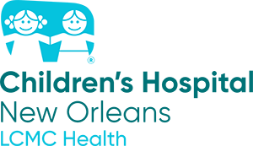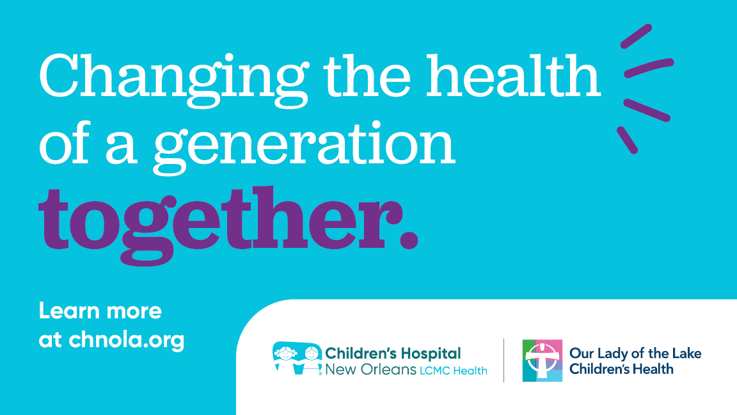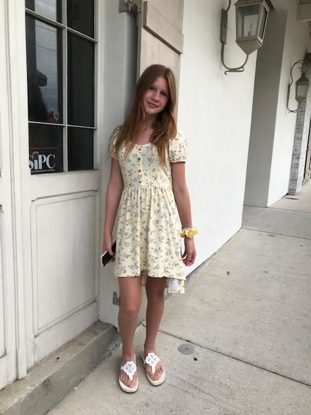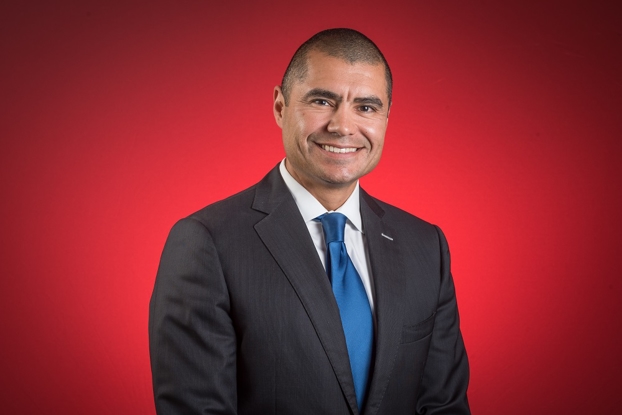Finding meaning in disruption
- Category: General Health, Living Well
- Posted on:
- Written By: Amy Henke, PsyD, Licensed Clinical Psychologist

“Voluntary simplicity means going fewer places in one day rather than more, seeing less so I can see more, doing less so I can have more” – John Kabat-Zinn
After Hurricane Katrina, most of my clinical work was spent with children and families recovering from the storm and rebuilding their “new normal.” During the COVID-19 pandemic, I have found myself reflecting on this time, where every new session would begin with the family's unique and personal storm story. Fifteen years ago, I recall repeatedly thinking "If I've heard one Katrina story - I've heard one Katrina story." I am reminded of that during our current life disruption as again, no universal experience exists during this unprecedented time. I want to strongly acknowledge that many people are experiencing a wide range of stressors during this time, including pre-existing health disparities and social injustice, devastating economic losses, deaths and illness of loved ones, general virus-related fears and worries, and unrelenting pressure to fill impossible roles of parent-teacher-caregiver-playmate-spouse-homemaker-employee.
At the same time, an opportunity also exists to explore additional possibilities within this disruption for change and growth. None of our lives look the way we thought 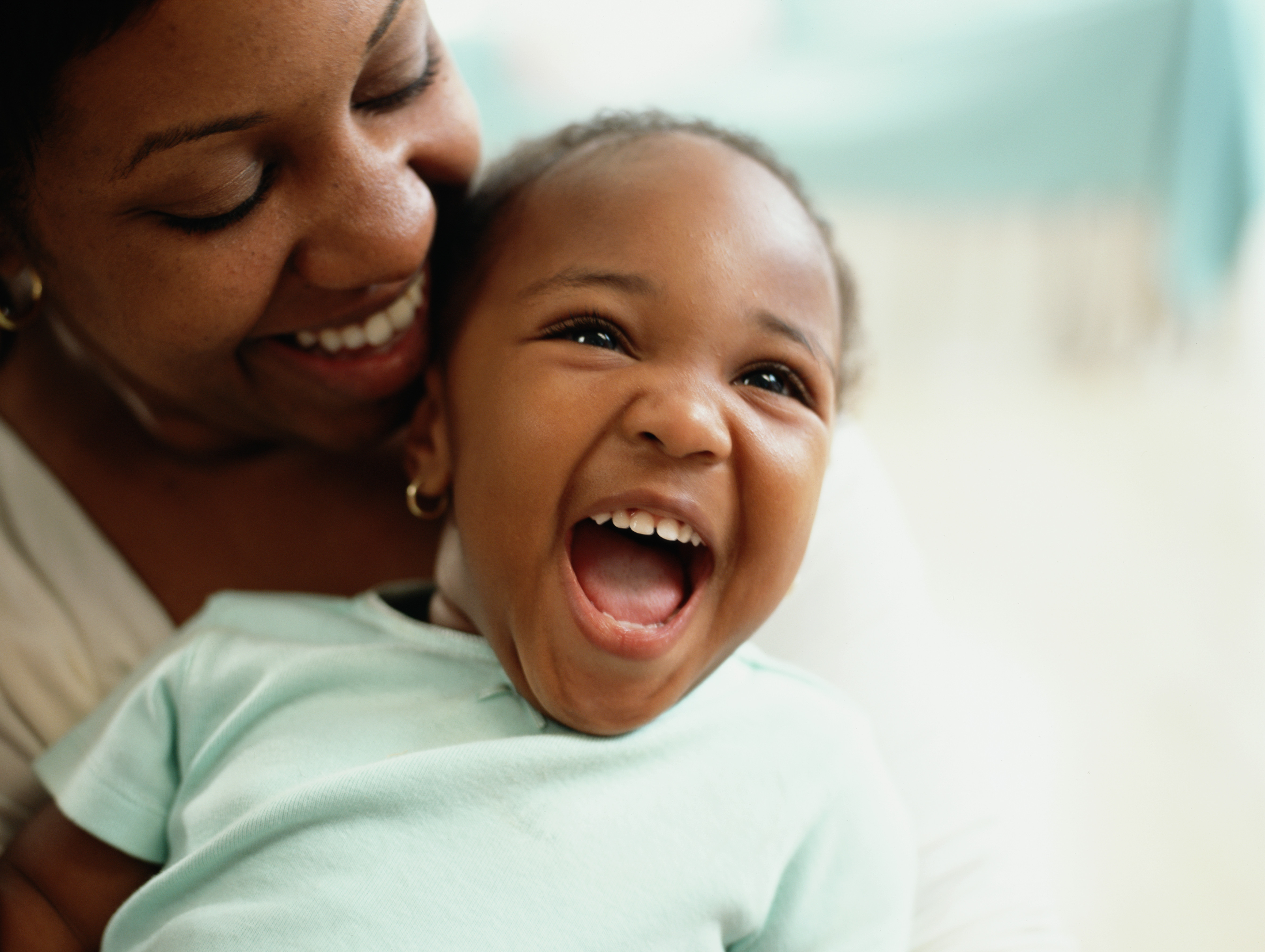 they would in the beginning of the year; for some this has allowed space to consider different ways of being in the world. Where many parents once had planned busy schedules for their children’s academic and extracurricular activities, there may now be an abundance of time to fill. This may mean a reassessment of family priorities and goals as we witness, in real time, the positive impact that unstructured moments hold for our children. Without a tight timeline of endless after-school commitments and potentially loosened academic pressures, some families may be experiencing their first taste of unstructured leisure and relaxation. There have been reports in our clinics of families having their first meals together in years, parents and children engaging in slow and deliberate activities like putting together puzzles or baking, and hours of homework being replaced by pleasure reading and family walks or bike rides around the neighborhood.
they would in the beginning of the year; for some this has allowed space to consider different ways of being in the world. Where many parents once had planned busy schedules for their children’s academic and extracurricular activities, there may now be an abundance of time to fill. This may mean a reassessment of family priorities and goals as we witness, in real time, the positive impact that unstructured moments hold for our children. Without a tight timeline of endless after-school commitments and potentially loosened academic pressures, some families may be experiencing their first taste of unstructured leisure and relaxation. There have been reports in our clinics of families having their first meals together in years, parents and children engaging in slow and deliberate activities like putting together puzzles or baking, and hours of homework being replaced by pleasure reading and family walks or bike rides around the neighborhood.
What psychologists know about our culture today is that while we grow increasingly focused on test scores, academic success, economic production, and general consumer behavior (shopping, buying things we don’t need, comparing ourselves to others via social media), our children's mental health is suffering. We have more mental health resources available, yet our children are more anxious, more stressed, more scared, and less independent and capable than any generation before them. Prior to COVID-19, the CDC reported that suicide rates in children and adolescents were at twenty-year highs.
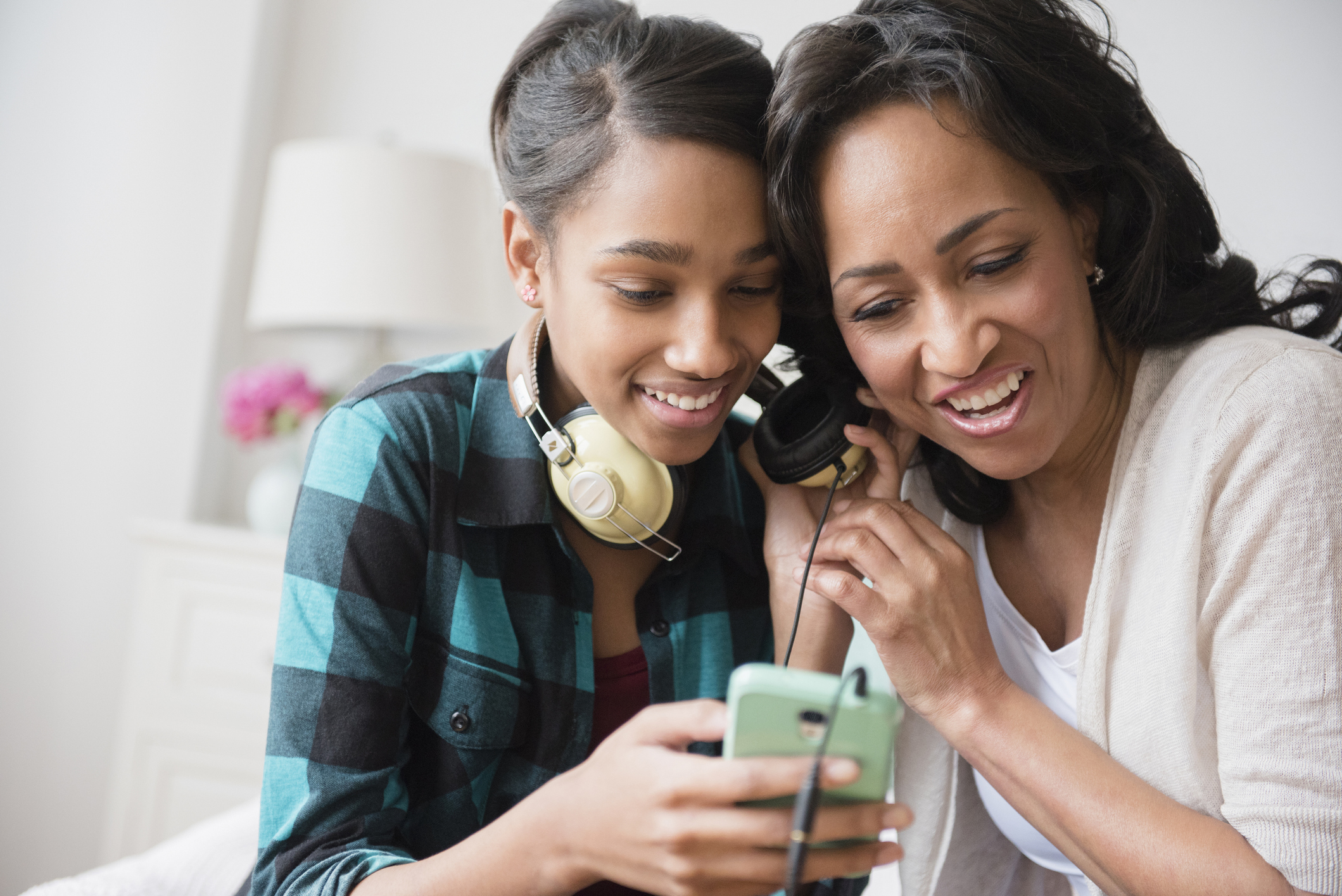 Is it possible to imagine that the restrictions of our current environment may serve as a "re-set" for our value system? Is it possible to imagine a world where Kindergarten is about making friends and learning developmentally appropriate emergent academic skills instead of a child's first exposure to homework? Is it possible to imagine a culture where our teenagers are not completing hours of work after they leave school and slowly having any academic curiosity and joy of learning drained from them day by day, test score by test score? Is it possible to imagine a world where parents do not accept the pressure to enroll their children in half-a-dozen extracurricular activities, bake award winning brownies, serve as "room parent," and climb the corporate ladder on some pre-determined schedule?
Is it possible to imagine that the restrictions of our current environment may serve as a "re-set" for our value system? Is it possible to imagine a world where Kindergarten is about making friends and learning developmentally appropriate emergent academic skills instead of a child's first exposure to homework? Is it possible to imagine a culture where our teenagers are not completing hours of work after they leave school and slowly having any academic curiosity and joy of learning drained from them day by day, test score by test score? Is it possible to imagine a world where parents do not accept the pressure to enroll their children in half-a-dozen extracurricular activities, bake award winning brownies, serve as "room parent," and climb the corporate ladder on some pre-determined schedule?
I believe it is, but not without a purposeful and deliberate shift of our values and expectations of ourselves and others. We currently live in a culture that focuses on mental health and family/social connection as a secondary, optional, and often indulgent goal; something we can work on once we’ve achieved financial, academic, and personal success. It is irrefutably true that mental health is directly tied to financial security and general safety. But, for families who have a base level of stability and security, the crisis of COVID-19 presents a chance to redefine what we are willing to accept for our lives and the lives of our children. Purposefully positioning mental health at the forefront of our mindset would mean intentionally valuing our psychological wellbeing – and this might come at the expense of additional income, professional prestige, a 4.0 GPA, or the perfect Pinterest birthday party. But I suspect we would be rewarded with a generation of children (and parents!) who experience less anxiety, better moods, more rewarding work, and greater connections with families and friends.
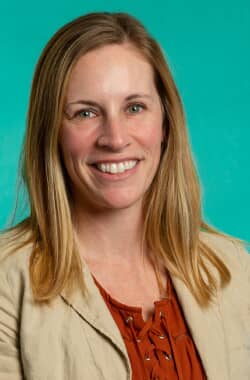 Amy Henke, PsyD, Licensed Clinical Psychologist
Amy Henke, PsyD, Licensed Clinical Psychologist
Dr. Amy Henke is a licensed clinical psychologist at Children’s Hospital New Orleans. She earned her doctoral degree in clinical psychology from Nova Southeastern University with a specialization in child and family psychology. She completed her internship at Louisiana State University Health Sciences Center in infant and child psychology, followed by post-doctoral fellowship at Children's Hospital New Orleans in pediatric health psychology. With more than 10 years of experience, Dr. Henke values the opportunity to provide specialty psychological services and improve access to psychological care for children and families across the gulf coast.
